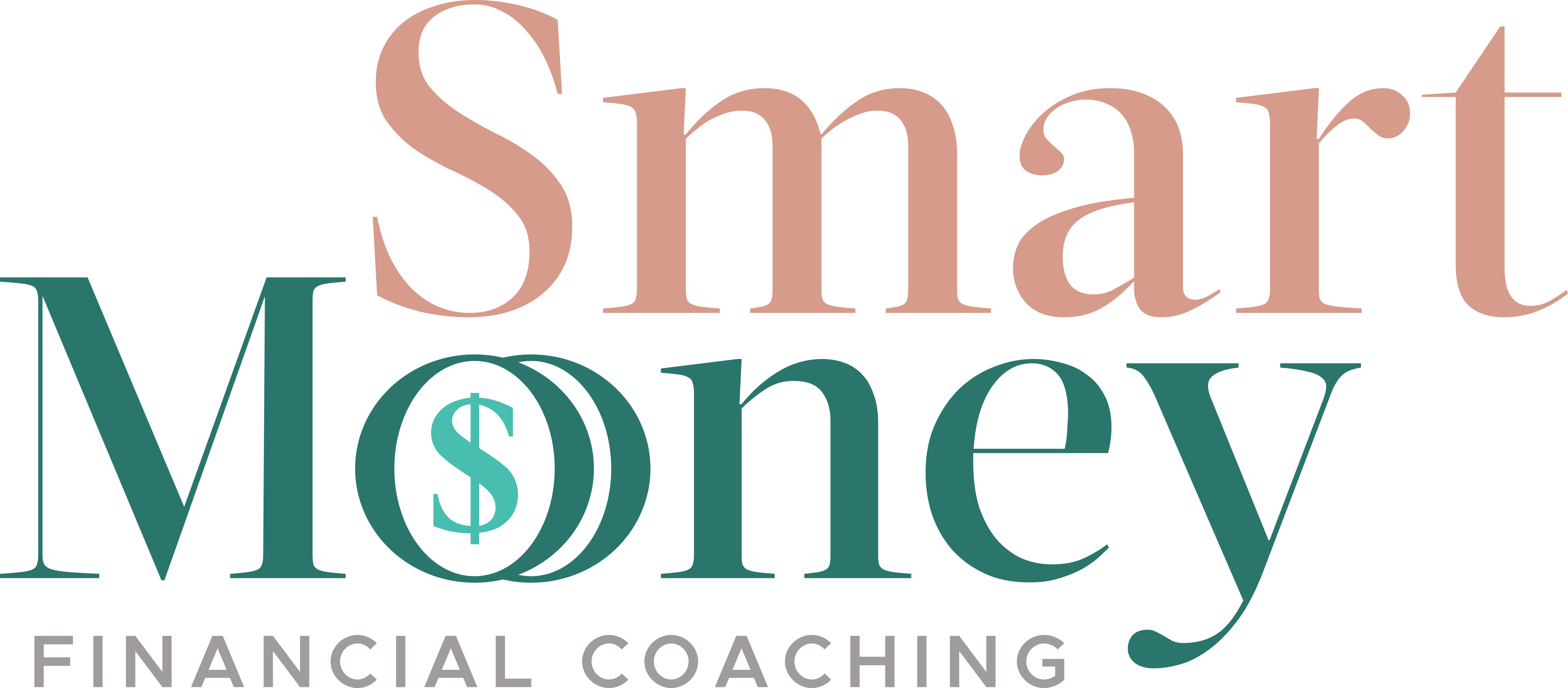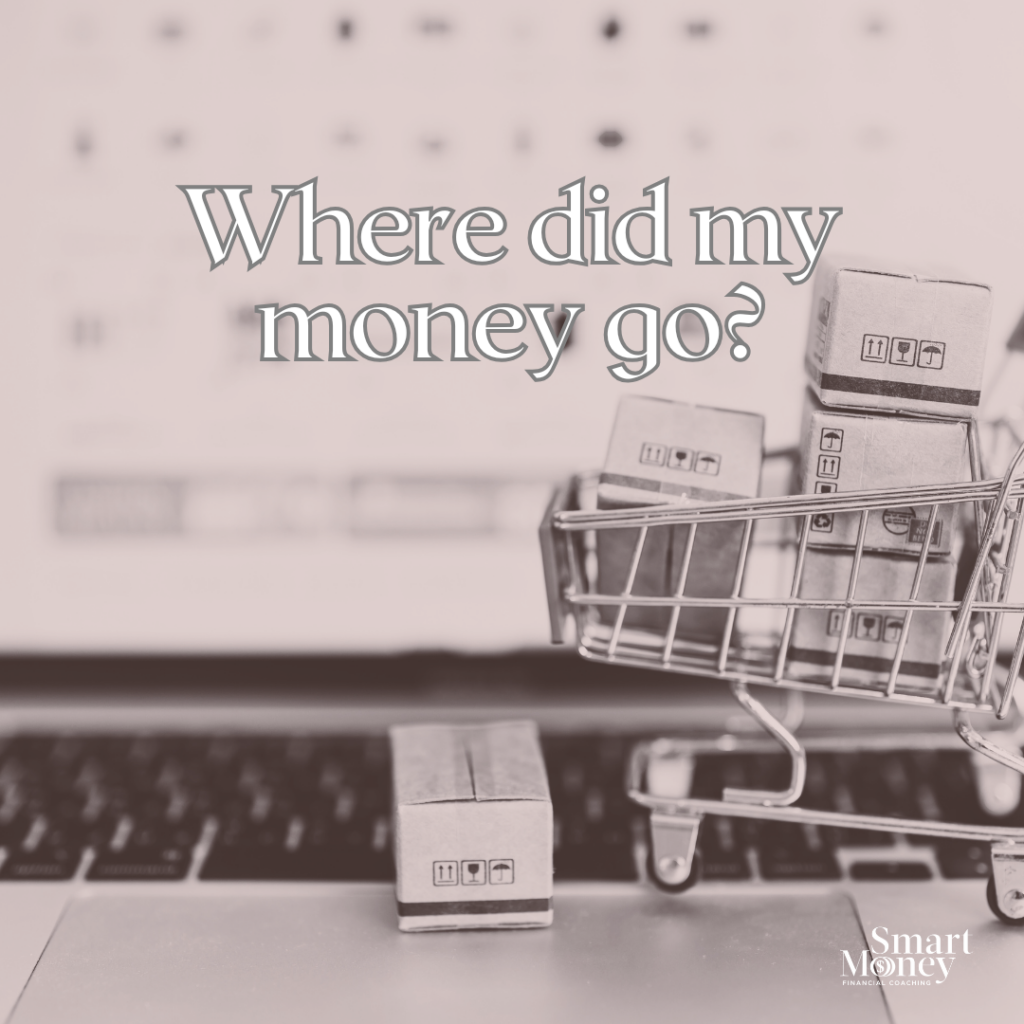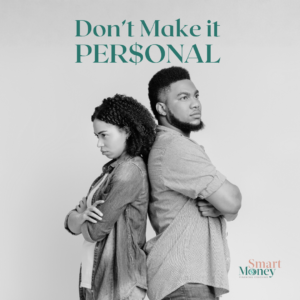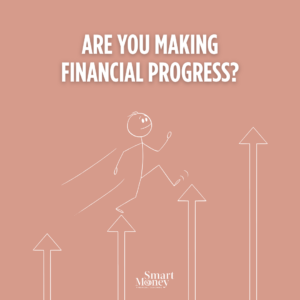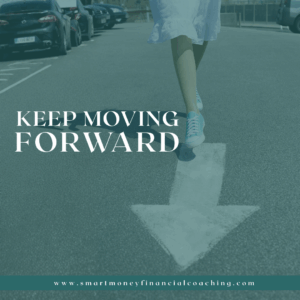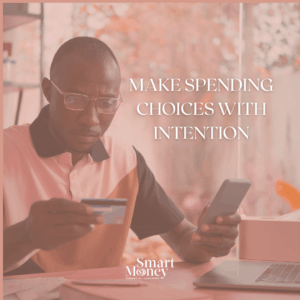Are Small Purchases Keeping You from Reaching Your Goals?
I hear it all the time—“I make good money, so why do I always feel broke?”
Impulse spending might be part of the problem. Those small, unplanned purchases—a few extras at Target, an Amazon gadget you suddenly ‘need,’ or a subscription you forgot to cancel—add up quickly. Before you know it, your bank account doesn’t look the way you expected.
The frustrating part? You’re earning enough—it’s just that your money isn’t working for you.
Small Shifts That Made a Big Impact
I’ve seen this happen with so many clients.
Real-Life Examples of Impulse Spending
One client was impulse spending $200/month on Amazon without even realizing it. She’d buy things she thought she needed but later forgot about them. Once she started tracking her purchases, she cut that amount in half—without feeling deprived.
Another client noticed her daily $7 coffee habit was costing her $150/month. She loved her coffee runs, so instead of cutting them out completely, she reduced them to three times a week and started making coffee at home on other days. That small change freed up nearly $1,000 per year.
Once they made small adjustments, they felt more in control—without giving up the things they love.
How to Stop Impulse Spending Without Feeling Restricted
You don’t have to cut out everything you enjoy.
Actually, that’s the fastest way to fail.
Instead, these simple changes can help you spend more intentionally without feeling like you’re on a strict budget.
1. Pause Before You Make an Impulse Purchase
If it wasn’t planned, wait before buying.
Ask yourself:
- Do I really need this?
- Would I still want it in 24 hours?
- Does this align with my spending plan?
2. Recognize Your Spending Triggers
Impulse spending is often triggered by emotions like:
- Stress: Shopping can feel like an escape.
- Boredom: Scrolling Amazon out of habit.
- Rewards: Treating yourself after a long day.
Before making a purchase, pause and ask, “Am I buying this because I actually need it, or is it an emotional decision?”
3. Make Impulse Shopping Less Convenient
The easier it is to buy, the harder it is to stop. Try this:
- Unsubscribe from marketing emails.
- Remove saved payment info from online stores.
- Delete shopping apps from your phone.
4. Create a Budget That Works for You
Cutting back doesn’t mean cutting everything out.
A budget helps you spend intentionally and still enjoy life.
- Set a monthly “fun money” allowance for guilt-free spending.
- Use a spending tracker to see where your money is going.
- Plan ahead for non-essentials—so they don’t turn into impulse purchases.
📌 Want a simple, step-by-step way to take control of your money? Grab my free guide—10 Tips for Creating a Budget That Actually Works—and start making your money work for you!
What Happens When You Make These Shifts?
When you start spending with intention, you will:
- Have more money for things that actually matter.
- Feel more in control of your finances.
- Stop feeling guilty about where your money is going.
If impulse spending is keeping you from making progress, you don’t have to figure this out alone.
I help people take control of their finances without feeling like they’re on a restrictive budget.
📌 Let’s find a plan that works for your life. Schedule a no-charge consultation HERE.
FAQs About Impulse Spending
Q: How can I stop impulse spending when I shop online?
A: Remove saved payment methods, unsubscribe from retailer emails, and use a “wishlist” instead of immediately buying something.
Q: What are the biggest impulse spending triggers?
A: Emotional spending, sales promotions, and one-click checkout options are some of the biggest culprits.
Q: Can I still enjoy shopping while cutting back on impulse spending?
A: Absolutely! The key is spending intentionally. You don’t have to cut out shopping completely—just create a system that helps you avoid unnecessary purchases.
Want More Help Taking Control of Your Money?
Impulse spending is just one piece of the puzzle. If you want a clear, simple plan to manage your money without stress, I’ve got a free resource just for you.
📌 Grab your free guide—10 Tips for Creating a Budget That Actually Works—and start taking control of your finances today!
